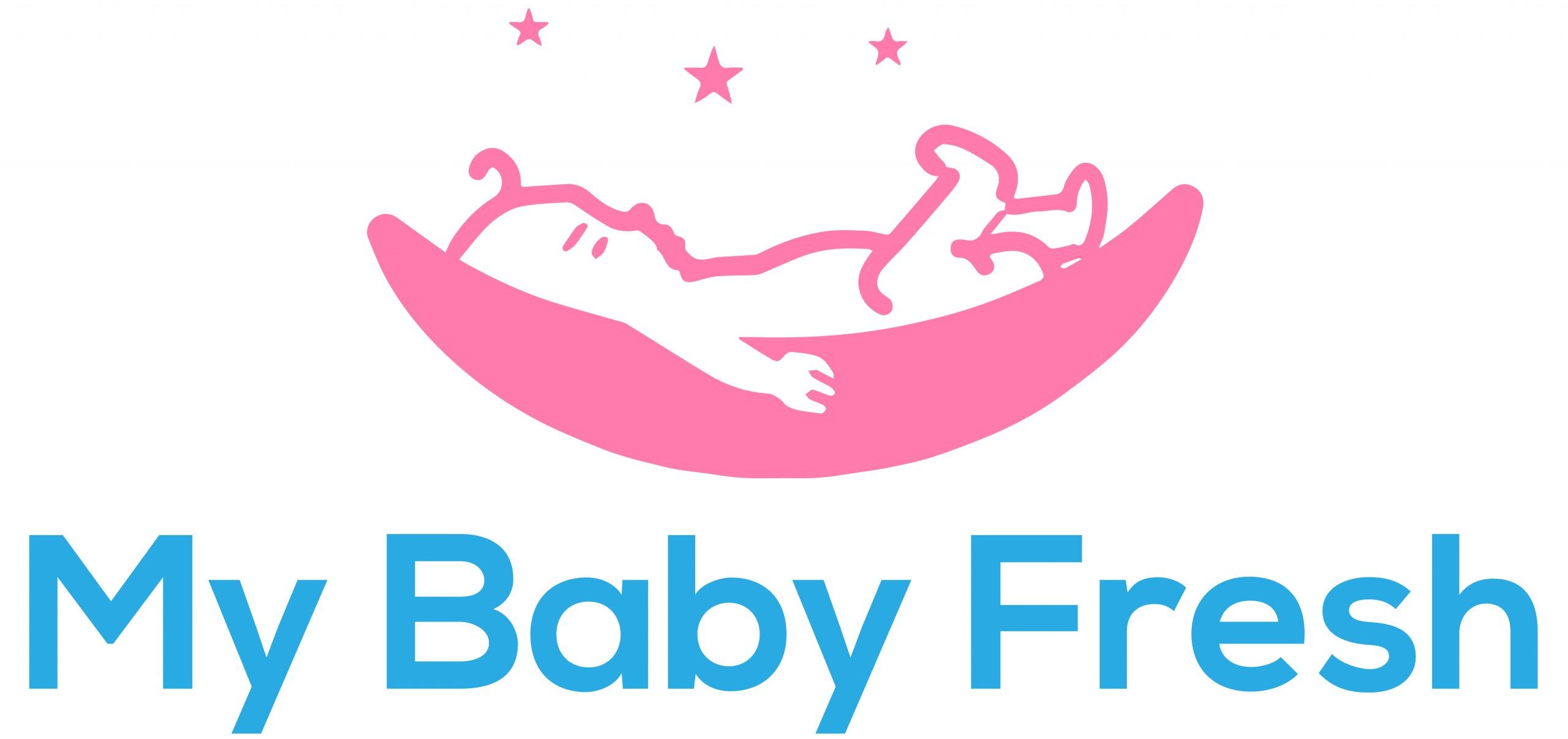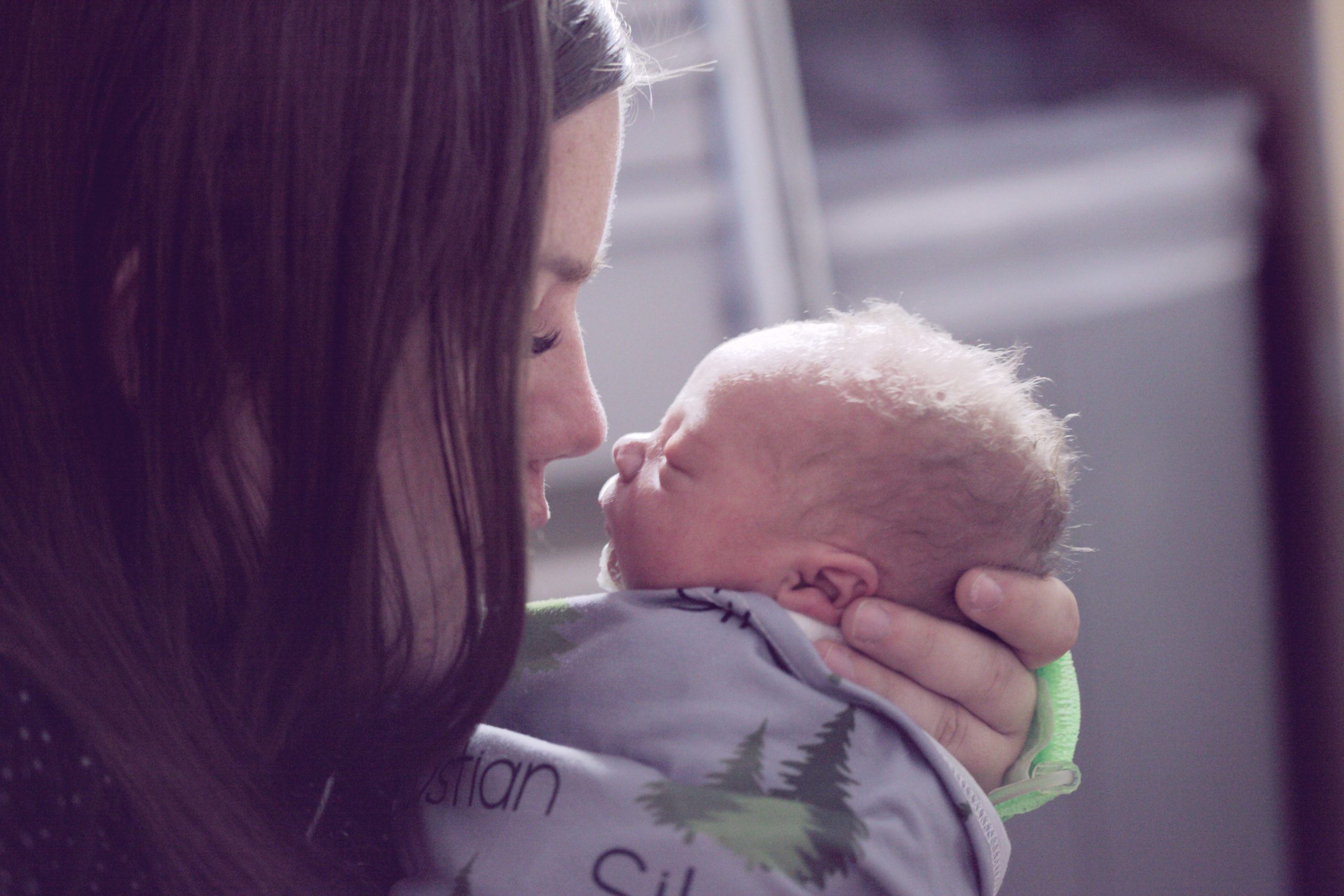Whether or not your baby needs to belch can depend greatly on how much air it sucks in when feeding and how fast. At the age of 4 to 9 months, babies burp at a rate of about 1 to 2 burps per day, when it is okay not to bury them anymore. If they can sit alone for a long time and start developing themselves – burping skills.
Bottle-fed babies must burp at a rate of about 1 to 2 burps per day during feeding, and breastfed babies burp when feeding is required. If your baby who takes a bottle swallows more air than it takes from the breast, do not try to belch it, it will belch if you do not take it to the bottle.
When a newborn swallows air during feeding, some of the air gets stuck in the stomach and burps when it does.
The more air your child gets into his stomach, the better he will feel once he is out. If you burp your baby only once at the end of the day, it will not burp as much as it used to, and it will feel better.
Bottle-fed babies usually swallow about half as much air as breastfeeding babies, but if your baby swallows too much air during feeding, it will not feel full and eat less.
If your baby is particularly fussy or bubbly during feeding, it may have excess gas and could benefit from burping. If your babies are prone to burping, they may burp more often than other babies, and if they are particularly “fussy” or “bubbly” after feeding, they may have an excess of gas in their stomach and benefit from burping!
Babies between four and six months old behave with more robust neck and abdominal muscles that prevent them from swallowing a lot of air. If your baby is less than two months old and willingly burps alone, it may not be as prone to burping as other babies.
That is, if your baby is fussy or naughty, consult your pediatrician and continue to use other gas relief options. If the baby appears more restless after feeding, interrupt the session, burp the babies and start feeding again.
Try to burp the baby and switch to the breast for a few seconds, then breastfeed again – feed again and so on.
When to stop burping baby at night (information)
If your baby does not burp after a few minutes, change its position and try burping for another 10-15 minutes before feeding again. To prevent the milk from coming back up, hold the baby upright if it spits or has GERD. If it has not been burped in a few hours or even a week or two, try burping every few hours to feed again, but it is recommended that you Burning him Approximately every 5 – 10 minutes, so that he does not get fussy.
It is also widely believed that breastfed babies may not need as many burps as fed babies because they tend to swallow less air during feeding. If you have frequent gastrointestinal problems, you may also consider using a feeding tube or other feeding device such as a bottle or bottle cap.
However, this depends entirely on your baby and its needs, and it can sit down and deal with solid food. Watch out for clues if he/she needs to be fed, but not overfeed him / her until they can handle it.
You don’t have to burp at all because breastfeeding usually brings less air into your belly, but there’s everything you can do with a formula bottle to make your baby less dirty.
A good rule of thumb when burping is to mix well and let the bubbles rest before feeding the child the bottle. Invest in a high-quality nipple that correctly regulates your milk flow, as well as a bottle with a good seal. A good rule of thumb when burping is to pat the baby on the chest every time you change.
If your baby has a lot of gas and has to belch during feeding, you may need to burp during a natural break. Hollier says it can be helpful to change position when burping, even if the baby is not burping. They can also burst by looking for natural breaks while feeding your babies to determine if they need a “natural break” before burping, according to KidsHealth.
If your baby has problems with acid reflux or spitting, it may be ideal to burp it between two and three ounces of formula. Some mothers also burped their babies while breastfeeding and when switching to breastfeeding, according to BabyCenter. It all depends on the baby and the time it has to burp during the feeding process, but whether it has problems or has a problem with acid reflux that is spat out.

